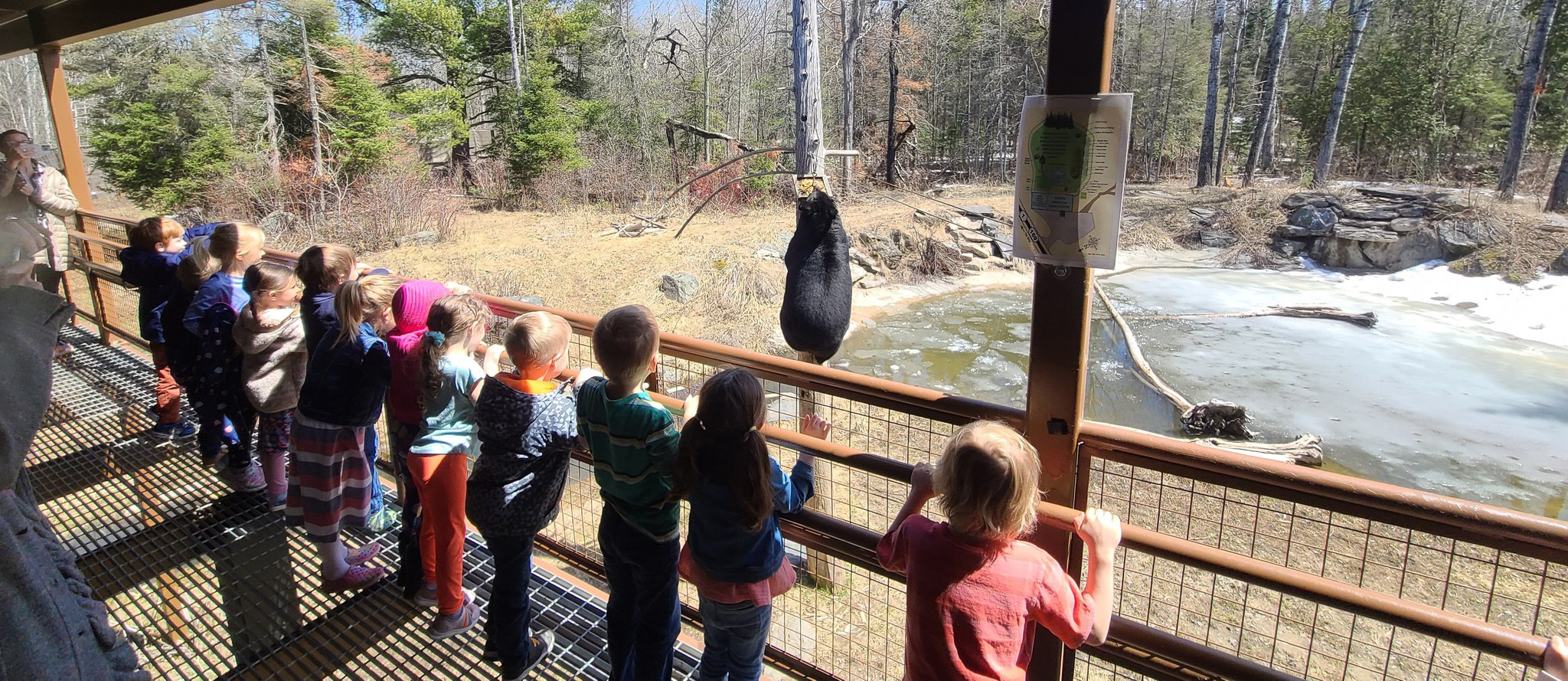Do Black Bears Growl?
Bear Center researchers are still waiting to find out. In over 40 years of capturing, observing, and confronting bears—and seeing the occasional fight—they have yet to hear their first growl….
Read More

Bear Center researchers are still waiting to find out. In over 40 years of capturing, observing, and confronting bears—and seeing the occasional fight—they have yet to hear their first growl….
Read More
Black bear cubs and human babies can sound enough alike to confuse both species. Bear cub crying On August 7, 1990, a scared cub sounded so much like a person…
Read More
Stories of bears rushing at people are rare but do happen. These are bears that make the news. They are the unusually aggressive bears that create stories of narrow escapes….
Read More
Black bears not only communicate with grunts, tongue-clicks, and blowing. They have a resonant voice. It is not the barking, growling voice of a dog and is seldom the shrill…
Read More
Bear Center researchers see bluster when bears are nervous and crowded but reluctant to leave because of cubs, food, or being cornered. The researchers usually give these bears space, out…
Read More
In the wild, bears make a plaintive sound when they want to make friendly contact, take food from a bear they know, or nurse. Mothers grunt when they approach their…
Read More
Black bears use sounds, body language, and scent-marking to express their emotions of the moment. The main thing that helped me get over my fear of bears was learning their…
Read More
Black bears mostly ignore mosquitoes. They seldom bother to wipe mosquitoes off their faces. Fur usually prevents mosquitoes from reaching the skin except on the face, ears, and edges of…
Read More
This black bear is trying to slap a deer fly (in the white circle). Deer flies and horse flies bite hard. Bears shake their heads when these flies bite their…
Read More
The only ticks found on black bears in northeastern Minnesota are dog ticks, also known as wood ticks (Dermacentor variabilis), and rarely winter ticks (D. albipictis). Dog ticks are found…
Read MoreWe are a 501(c)(3) non-profit that relies entirely on the support of visitors, merchandise sales and people like you. We do not receive any state or federal funding.
Help support our mission.
Donate Now